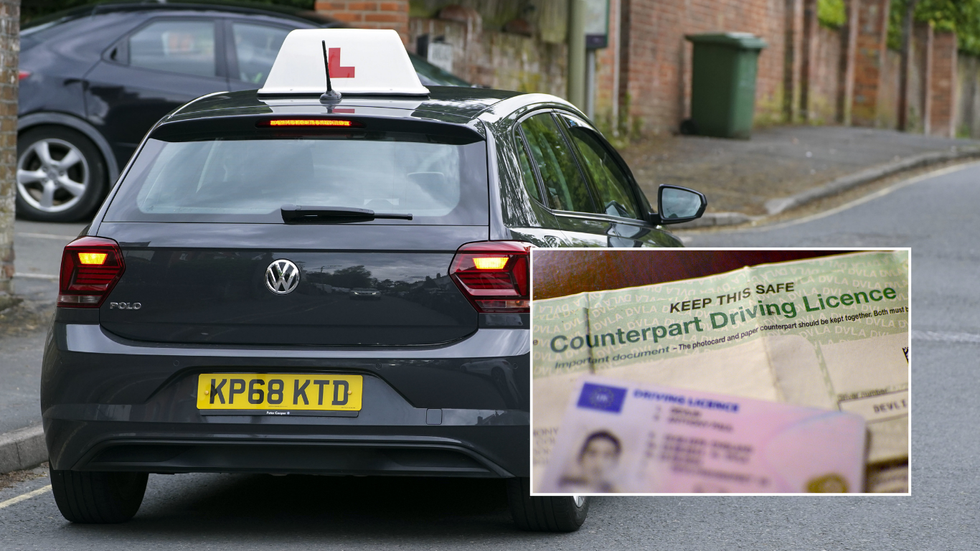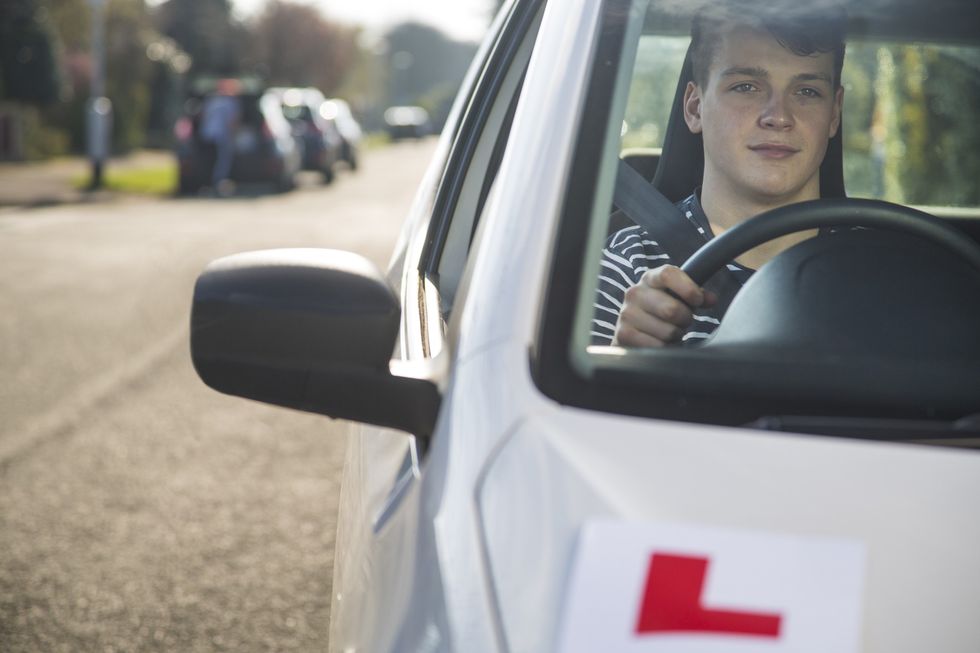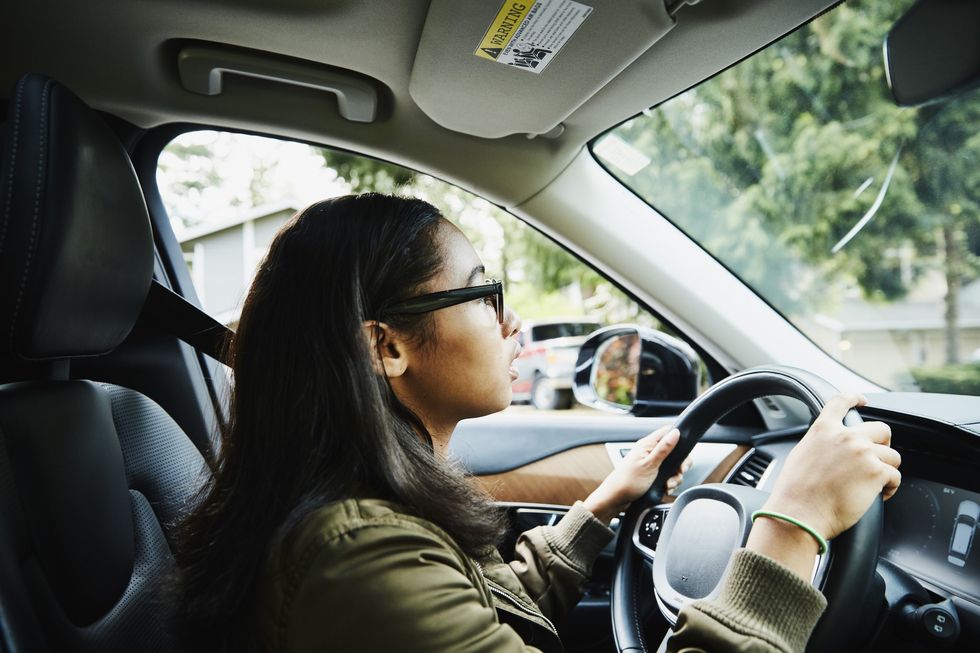Young drivers targeted in new road campaign as rising casualties prompt calls for licence restrictions

Devon and Somerset Fire and Rescue Service has warned of the dangers young drivers pose behind the wheel
Don't Miss
Most Read
Latest
A new road safety initiative targeting drivers aged 17 to 24 has been unveiled by Devon and Somerset Fire and Rescue Service, working alongside the National Fire Chiefs Council in a desperate bid to reduce casualties.
It comes after the Top 3 campaign identified three primary dangers that make young motorists particularly vulnerable to serious collisions.
These hazards include obtaining driving licences with minimal practical experience, operating vehicles during late-night hours between 11pm and 6am, and becoming distracted by friends travelling as passengers.
The initiative aims to spark conversations between young motorists and their families about implementing practical measures to reduce these risks.
TRENDING
Stories
Videos
Your Say
The need for stronger measures follows reports that fire service crews responded to approximately 850 road collisions annually across their regions, with many involving young drivers being potentially avoidable through better preparation and safer choices.
Government data revealed that young male motorists in this age bracket face four times the likelihood of death or serious injury compared to drivers aged 25 and above.
Within Devon and Somerset specifically, 686 individuals aged 17 to 24 sustained injuries in road collisions during 2024, including nine fatalities and 123 serious injuries.
Annabelle Priest, who leads road safety efforts at Devon and Somerset Fire and Rescue Service, explained that young motorists represent the "highest-risk category" due to their youth and inexperience.
 Experts have called for the restrictions to be put in place to help stop young drivers from being killed on UK roads | PA
Experts have called for the restrictions to be put in place to help stop young drivers from being killed on UK roads | PAShe noted that biological factors play a crucial role, as the prefrontal cortex responsible for risk assessment and planning, remains underdeveloped until age 25.
"It makes young people a little bit more inclined to be impulsive, and that's where we see some problems," Ms Priest stated.
The initiative advocates for learner drivers to dedicate a minimum of six months to their training, enabling them to encounter varied seasonal conditions and weather patterns.
Additionally, newly qualified motorists are advised to refrain from driving during the high-risk overnight period for their initial three to six months on the road.
The campaign also suggests restricting young drivers to carrying just one passenger of comparable age during their first months of independent driving.
LATEST DEVELOPMENTS

Experts called on the Government to restrict driving for young motorists who newly passed
| GETTYParents and guardians are encouraged to provide transport for groups of young people rather than allowing inexperienced drivers to assume responsibility for multiple passengers.
Ms Priest emphasised that whilst experience can be developed safely through supervised practice, even after obtaining a licence, the age-related biological factors affecting decision-making remain unchangeable until brain development completes.
A driver from Stokeinteignhead in Devon shared her experiences of feeling unsafe as a passenger with peers who drove irresponsibly.
She recalled occasions when she needed to intervene during late-night journeys.
"There's been a couple of incidents when someone has been giving me a lift home after a night out and I have said, 'can you please slow down, can you look at the road?'" she told the BBC.

Young drivers have faced growing calls for licence restrictions
| GETTYTo help address concerns around young drivers, there have been growing calls for the Government to introduce Graduated Driving Licence systems.
The schemes have already proved effective across the world, with Australia, New Zealand, Northern Ireland and various American states imposing restrictions.
The fire service backs introducing formal post-test restrictions across England, Scotland and Wales to encourage broader pre-test experience while temporarily limiting exposure to high-risk scenarios for newly qualified motorists.
A Department for Transport representative acknowledged that young people suffer disproportionately in road incidents and confirmed ongoing efforts through their THINK! campaign.
The spokesperson stated: "We are considering other measures to address this problem and protect young drivers, as part of our upcoming strategy for road safety - the first in over a decade."
However, the department confirmed that imposing driving licence restrictions on young drivers remains outside current considerations.











